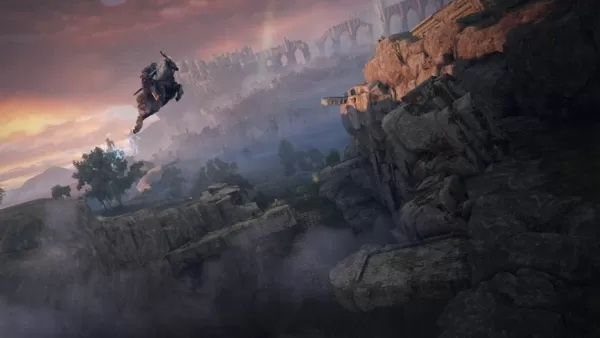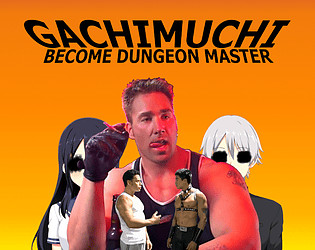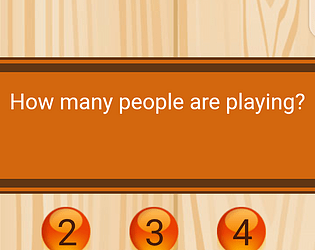Open-world games were once dominated by endless checklists. Maps were cluttered with markers, mini-maps directed every move, and objectives often felt more like chores than adventures.
Then came Elden Ring from FromSoftware, which tossed aside the conventional playbook, eliminated excessive guidance, and offered players a rare gift: true freedom.
In collaboration with Eneba, we're delving into the impact Elden Ring has had on the genre and why it's worthy of your admiration.
A World That Doesn’t Beg for Your Attention
Traditional open-world games vie for your attention with constant notifications, directing where to go, what to do, and why it matters. Elden Ring, on the other hand, takes a subtler approach—it whispers. It unveils a vast, enigmatic world and trusts you to navigate it on your own terms.
There are no overbearing UI elements vying for your focus. Instead, curiosity leads the way. If a distant sight catches your eye, venture forth. You might uncover a concealed dungeon, a formidable weapon, or a monstrous boss eager to challenge you.
What's more, there's no level scaling. The world remains unaltered; you adapt to it. If an area proves too tough, you can return later—or not. The choice is yours, even if you decide to confront a dragon at level five armed with nothing but a broken sword. Just be prepared for the fiery consequences.
It's never too late to explore the Lands Between, especially when you can snag an Elden Ring Steam key at Eneba for less than you might expect.
Exploration Feels Like Discovery, Not a Checklist
In many open-world games, exploration feels like a race to complete objectives as efficiently as possible, akin to running errands. Elden Ring turns this notion on its head.
There's no quest log spelling out your next move. NPCs offer cryptic hints, distant landmarks beckon without explanation, and the game never pauses to clarify its mysteries.
 This approach might seem daunting, but it's what makes exploration so gratifying. Each cave, ruin, and fortress feels like your personal discovery. You ventured there out of curiosity, not because you were told to.
This approach might seem daunting, but it's what makes exploration so gratifying. Each cave, ruin, and fortress feels like your personal discovery. You ventured there out of curiosity, not because you were told to.
Unlike other games where loot can feel like a random draw, Elden Ring ensures that every reward is meaningful. Stumble upon a hidden cave, and you could emerge with a game-changing weapon or a spell capable of summoning a literal meteor storm.
The Joy of Getting Lost (and Surviving)
Most games consider getting lost a setback. In Elden Ring, it's an integral part of the experience. You might take a wrong turn and end up in a treacherous poison swamp or stumble into a seemingly peaceful village only to be ambushed by horrifying creatures. Yet, these moments infuse the world with life.
The game doesn't coddle you, but it does scatter subtle hints throughout. A statue might gesture toward an underground treasure, a cryptic NPC might allude to a hidden boss. If you're attentive, the world gently guides you without dictating your path.
Open-World Games Will Never Be the Same?
Post-Elden Ring, the landscape of open-world gaming has been irrevocably altered. FromSoftware demonstrated that players crave mystery, challenge, and the thrill of discovery over constant hand-holding. We can only hope other developers take inspiration from this.
If you're eager to immerse yourself in a world that not only invites exploration but insists on it, digital marketplaces like Eneba offer incredible deals on gaming essentials. Whether it's Elden Ring or other must-play titles, your next adventure awaits just a few clicks away.








